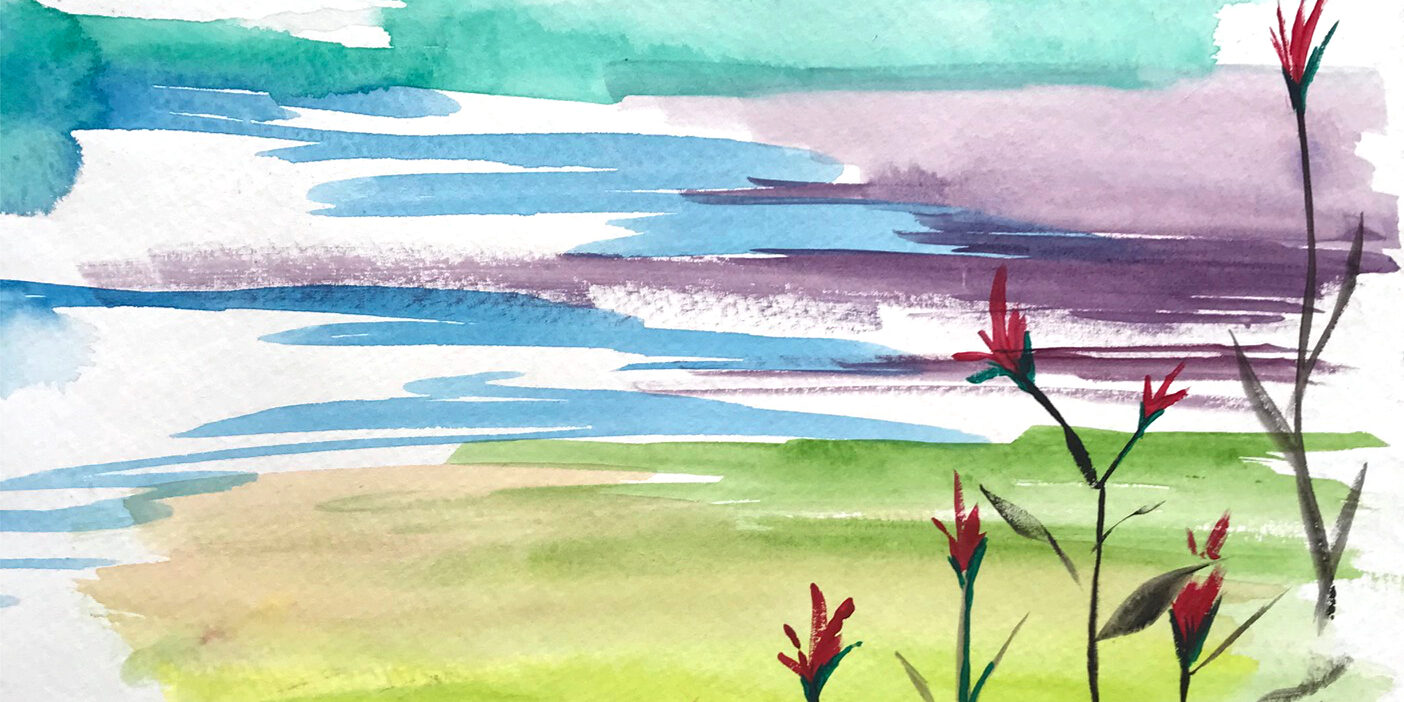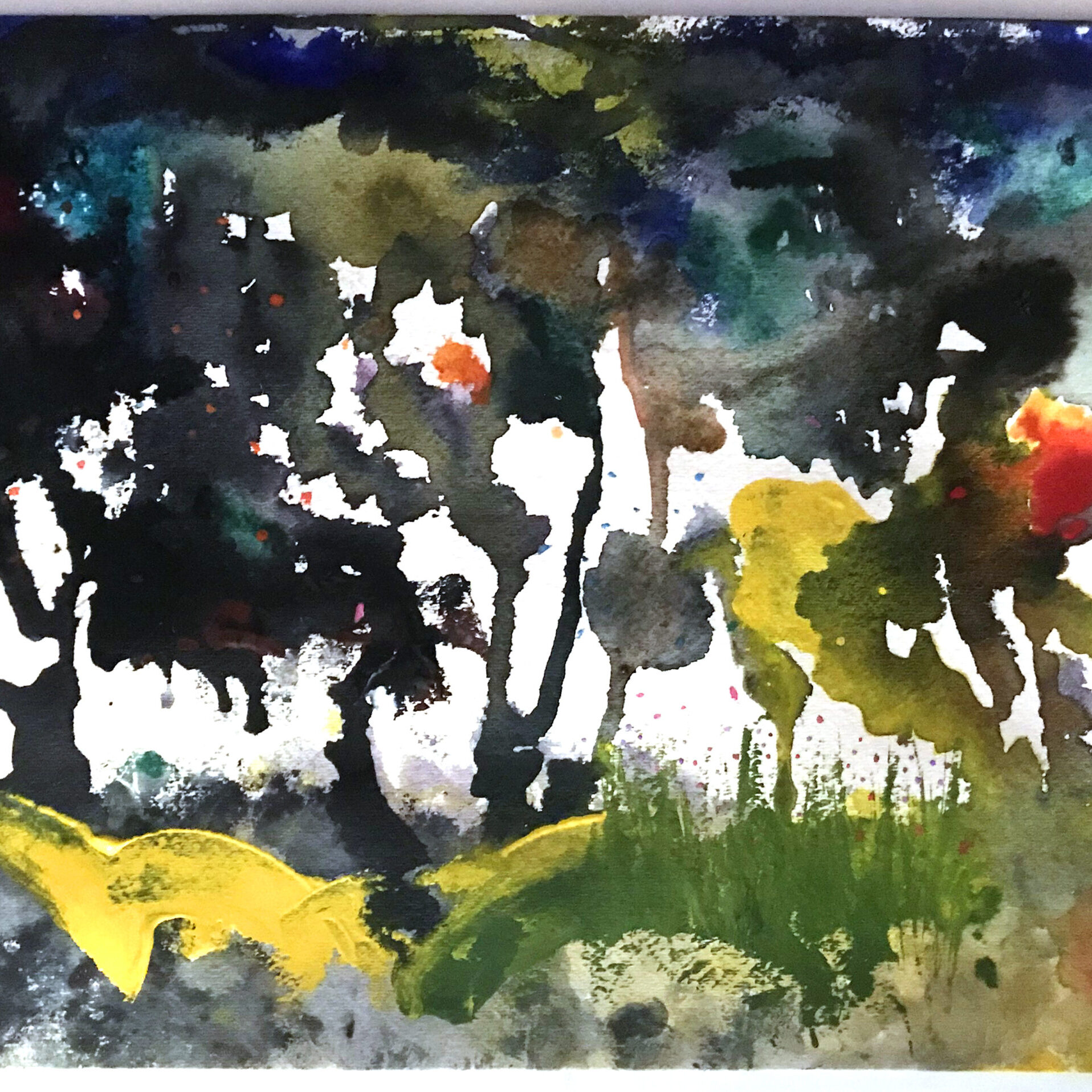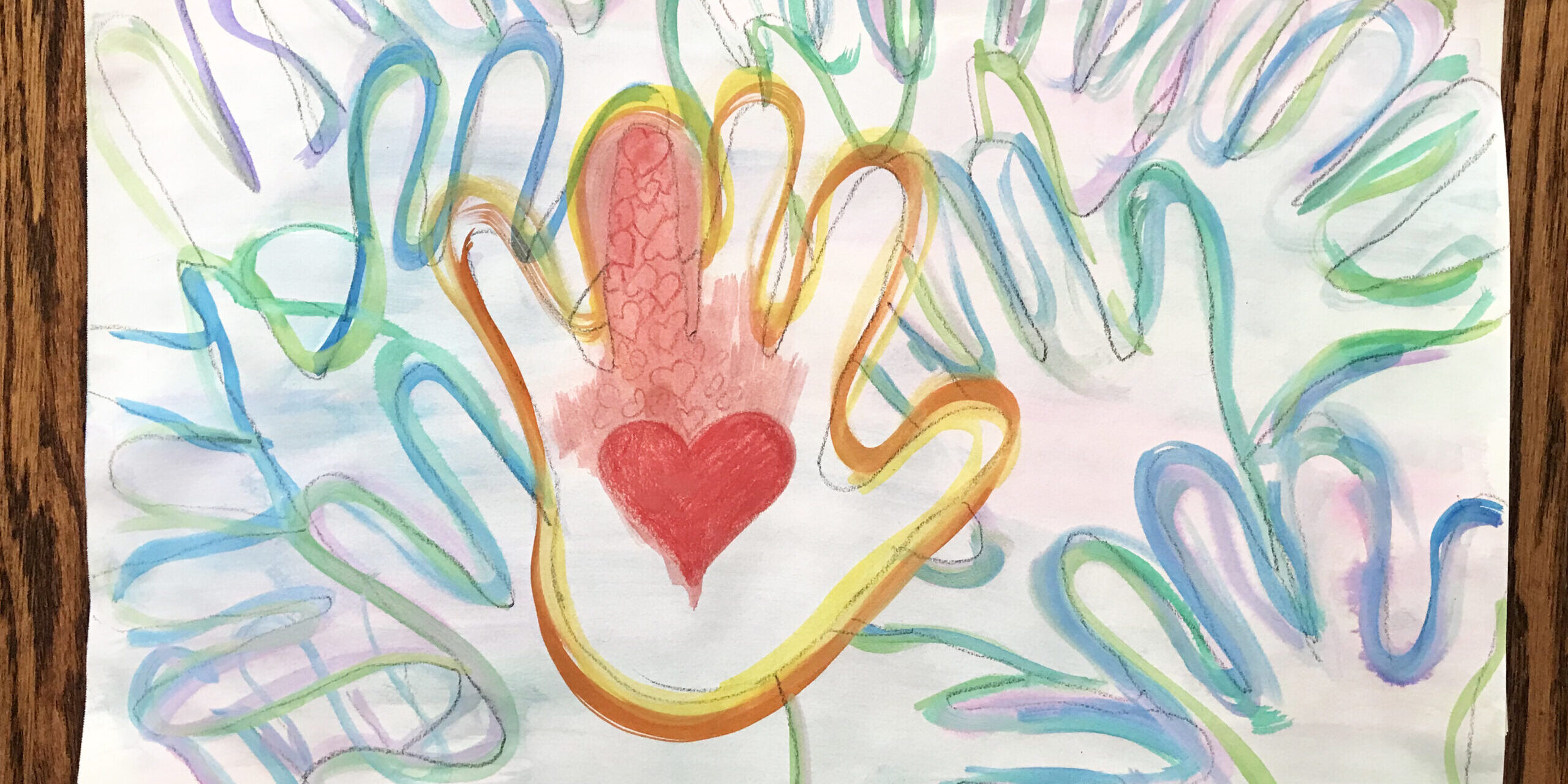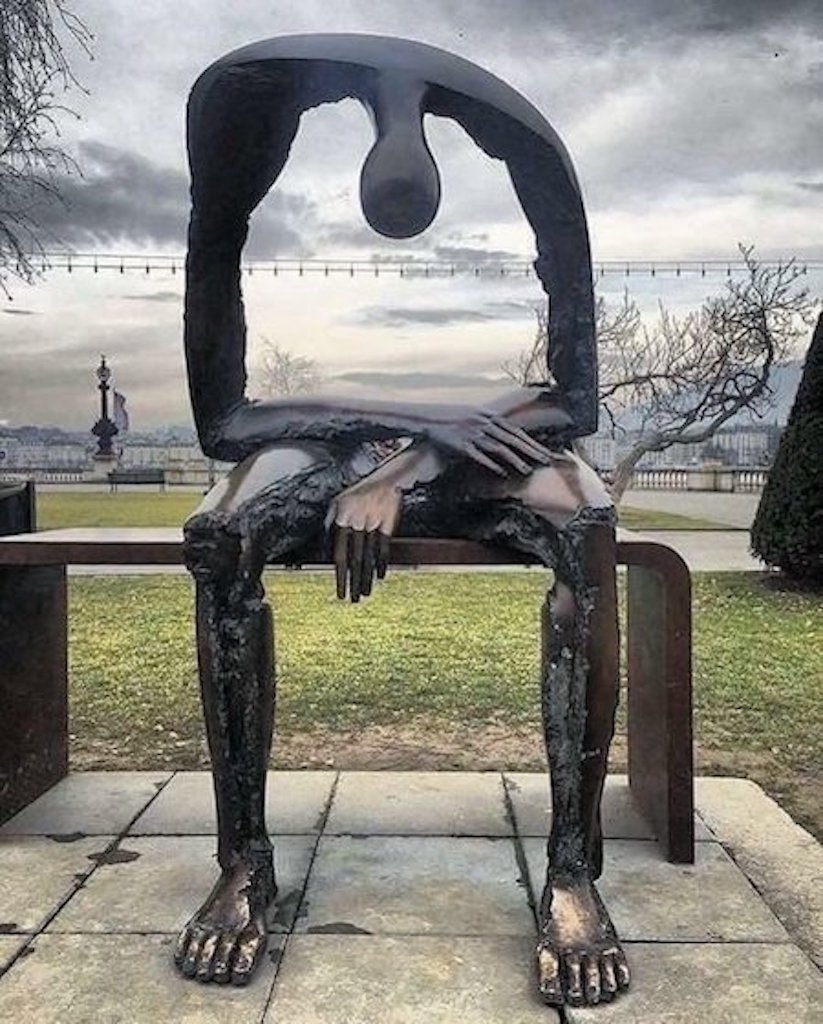Exploring Art For Healing


Grief Involves Powerful Emotions.
You do not need to be an artist to use art to help support the parts of you that are wounded. Making art about your loss allows your grief to be seen and makes it tangible.

My grandmother died on December 17th, 2022. One week before Christmas.
On December 19th my ring finger on my left hand started to swell. For two days my finger remained swollen and stiff, difficult to straighten with no visible injury.
I started to think about how the ring finger on the left hand is connected to the heart and feelings of love, which is why the wedding bands are placed on this finger.
My heart is definitely swollen, full of sorrow, full of love and gratitude, full of disappointment and regret. My heart bleeds for having been separated from her for the past two years. Anger for letting the fear get the better of me and for causing me to miss out on the last two years of her life.
My Nanny; she was always there. Always there to call when I wasn’t feeling well, even as I grew older, if she heard I was sick, she’d call. I will remember the feeling of her small hand, holding it in mine, supporting her during hard times, connecting during happy ones. I am so grateful for having had her in my life. I am grateful for the gifts that she has given to me – her legacy of baking and crafting – her values of family, faith, and love. I am grateful to have had her in my life for so long – to have my grandmother in my life for so long, for so much of my life, it’s truly amazing. I will miss her forever.
(Dec 21, 2022)

Melancholy, the emptiness that incapacitates us through grief
Melancholy, a sculpture created by Albert Gyorgy, portrays the void that grief leaves us with. The sculpture depicts a figure made of copper sitting on a bench slumped over, with a giant hole in the center of it. This hole represents the massive void that we all feel when we lose someone dear to us, and many people have expressed their appreciation for this sculpture for it portraying the exact emotions they feel, but perhaps haven’t been able to quite put into words.
Albert Gyorgy felt intense sadness and isolation with the loss of his wife and went on to create this beautiful piece of artwork as a way to cope.
Benefits of Art For Loss
Paints, crayons, clay and other mediums provide a an opportunity for expression and a forum for the release of feelings. Difficult or otherwise, our art pieces allow us to create representations of our grief — something with form we can hold and we can work with.
Making art is also about the simple joy of creating, interacting with the art materials — feeling the squish of the paint between your fingers, manipulating clay or sand, blending the waxy texture of a crayon or oil pastel. These tactile experiences can help ground us.
Art can evoke powerful emotions. If you find yourself feeling overwhelmed or are in need of additional support, it is recommended you seek a referral to a qualified therapist or art therapist.
The tools and activities on this website are intended to be used as a resource for people who are grieving, those who are supporting grievers and healthcare professionals. The information provided is NOT meant to be a substitute for professional therapy.
These coping tools are meant to be incorporated into your personal healing journey and to be used within your own cultural and personal context. Our intention is to provide information that is both informative and invites you to explore your grief and loss through art and art-making.
Art Impact
Art can be a powerful tool and can touch us viscerally. Art can help by:
- Expressing emotions that are hard to put into words
- Providing a tool to express extreme emotions
- Providing a break from grief, awakening a child-like spirit and providing the opportunity for play
- Increasing serotonin, which helps fight depression
- Being a form of meditation through healing and grounding.
